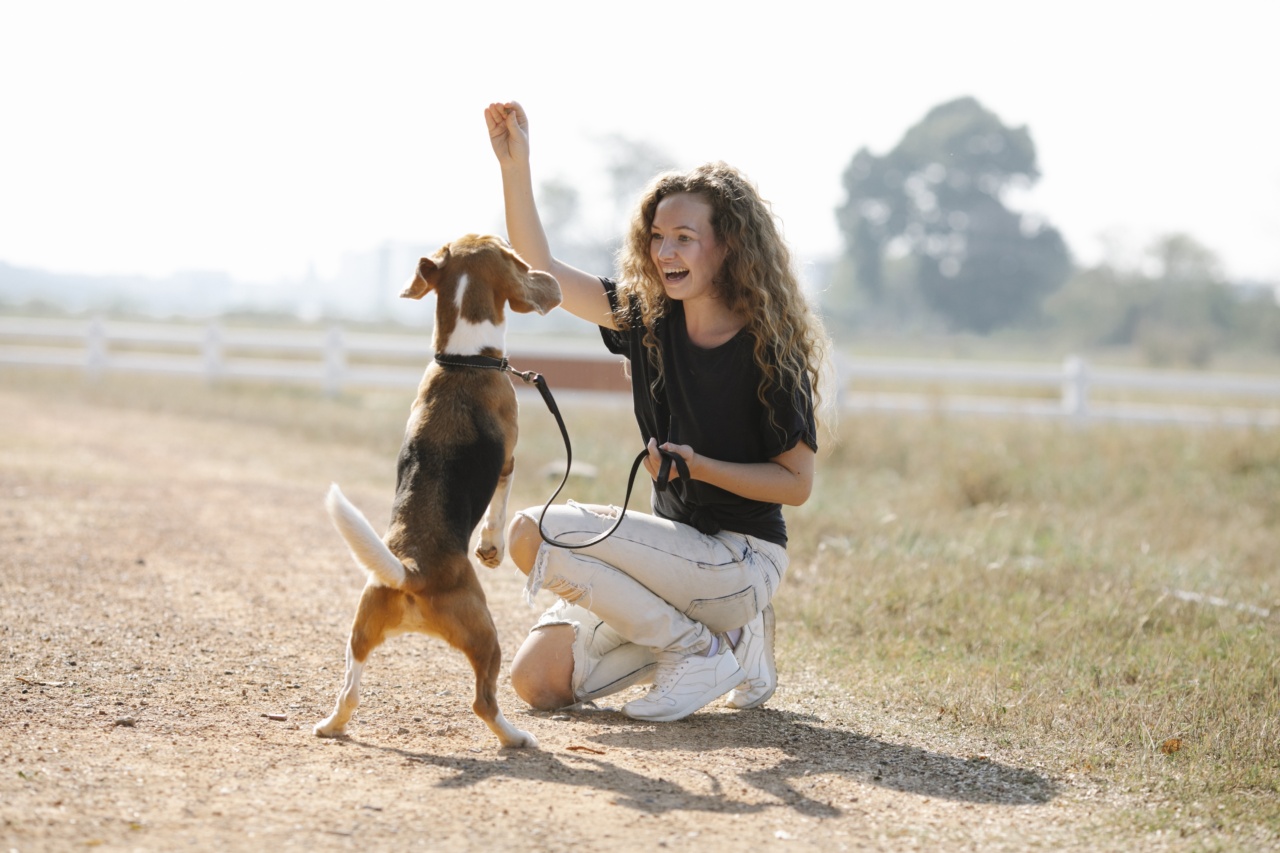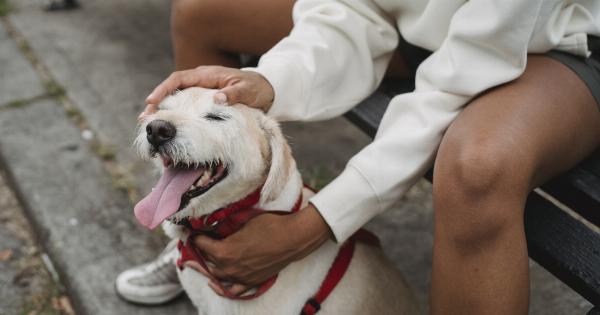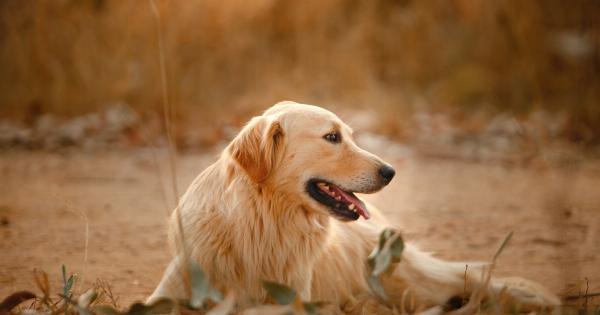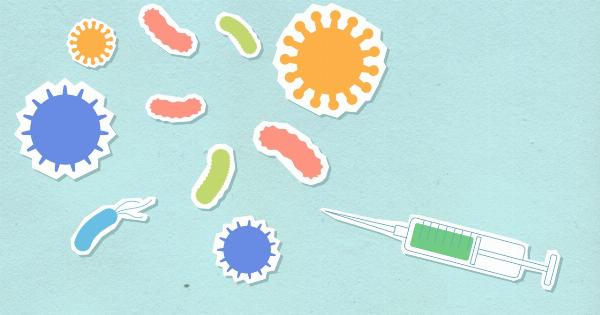Easter is a wonderful time of year filled with colorful eggs, adorable bunnies, and delicious treats.
As you celebrate this joyful holiday with your family and friends, it’s important to remember that some of the goodies we enjoy can be harmful to our furry friends. While it’s tempting to share our snacks with our canine companions, there are certain foods that should always be off-limits for their safety and well-being.
In this article, we’ll explore some of the snacks that you should avoid giving to your dogs during Easter.
1. Chocolate
Chocolate is a quintessential Easter treat, but it can be extremely toxic to dogs.
It contains theobromine and caffeine, both of which can cause various health issues such as irregular heart rhythm, increased blood pressure, tremors, and even seizures in dogs. The darker the chocolate, the higher the concentration of these substances, making it even more dangerous for your furry companion.
Keep all chocolate goodies well out of reach of your dog, and be sure to educate any children in the house about the dangers of sharing chocolate with pets.
2. Xylitol
Xylitol is a sugar substitute commonly found in many sugar-free candies, gums, and baked goods. While it may be a healthier alternative for humans, xylitol is highly toxic to dogs.
Ingesting even small amounts of xylitol can cause a sudden insulin release in dogs, leading to a dangerous drop in blood sugar levels. This can result in symptoms such as vomiting, loss of coordination, seizures, and even liver failure. Be vigilant while checking for xylitol on ingredient labels and keep any products containing this sweetener well away from your pets.
3. Grapes and Raisins
While grapes and raisins may seem harmless to humans, they can be incredibly toxic to dogs. Even in small quantities, these fruits can cause kidney failure in dogs.
Symptoms may include vomiting, diarrhea, increased thirst, decreased appetite, abdominal pain, and severe lethargy. It’s best to avoid giving any grapes, raisins, or foods containing them to your canine companions to keep them safe from potential kidney damage.
4. Macadamia Nuts
Macadamia nuts are a popular ingredient in many Easter snacks, such as cookies and chocolates. However, these nuts can be extremely hazardous to dogs.
Consuming macadamia nuts can lead to symptoms like weakness, vomiting, tremors, increased body temperature, and muscle stiffness in dogs. In severe cases, it may even cause temporary paralysis of the hind legs. Ensure that your furry friends stay away from foods containing macadamia nuts to prevent any potential health issues.
5. Onions and Garlic
Onions and garlic are ingredients commonly found in savory Easter dishes, but both can be toxic to dogs. They contain compounds that can damage your dog’s red blood cells and cause a condition known as onion or garlic toxicity.
Symptoms may include weakness, pale gums, vomiting, diarrhea, and even the development of anemia. It’s always best to keep these ingredients away from your dogs, especially in their concentrated forms like onion or garlic powder.
6. Alcohol
Easter festivities may involve alcoholic beverages, but it’s crucial to remember that alcohol is highly toxic to dogs. Even small amounts of alcohol can cause alcohol poisoning in canines.
Dogs are far more sensitive to the effects of alcohol than humans, and ingestion can lead to symptoms such as vomiting, diarrhea, difficulty breathing, abnormal blood acidity, and even seizures. Ensure that all alcoholic beverages are placed safely out of your dog’s reach during Easter celebrations.
7. Nuts in General
While certain nuts like macadamia nuts are particularly dangerous, it’s best to avoid giving any kind of nuts to your dogs. Most nuts are high in fats, which can cause stomach upset and potentially lead to pancreatitis in dogs.
In addition, certain nuts like walnuts and pecans can be a choking hazard or cause intestinal blockage if ingested. It’s better to be safe than sorry and keep all nuts well away from your furry friends.
8. Alcohol-Infused Treats
Some Easter treats may be infused with alcohol, such as cakes or chocolates. While these treats may bring joy to adults, they can be extremely dangerous for dogs. The alcohol content in these treats exposes dogs to the same risks as alcohol consumption.
Make sure to keep all alcohol-infused treats away from your pets and remind your guests not to share these goodies with their furry companions either.
9. High Fat Foods
Easter feasts often include rich, fatty foods like ham or lamb. While these dishes may be delicious for us, they can cause digestive issues and even pancreatitis in dogs.
Pancreatitis is a painful inflammation of the pancreas that causes symptoms such as vomiting, diarrhea, loss of appetite, abdominal pain, and lethargy. Avoid feeding your dogs high-fat foods and opt for pet-specific treats or a well-balanced diet instead.
10. Candy Wrappers
This Easter, as you enjoy a variety of candies and chocolates, be mindful of the wrappers that come with them. Dogs may be tempted to chew and swallow these shiny wrappers, but they can pose significant risks.
Consuming candy wrappers can lead to choking, intestinal blockage, or even tearing of the digestive tract. Make sure to dispose of all wrappers properly and keep them out of your dog’s reach.
Conclusion
Easter is a time to celebrate and indulge in tasty treats, but it’s important to remember that not all snacks are safe for our four-legged friends.
As a responsible pet owner, it’s crucial to keep these off-limits snacks away from your dogs to ensure their health and well-being. Always prioritize their safety and provide them with suitable dog-friendly treats to enjoy during the festivities. With a little bit of caution and awareness, you can make Easter a safe and enjoyable time for both you and your canine companions.




























